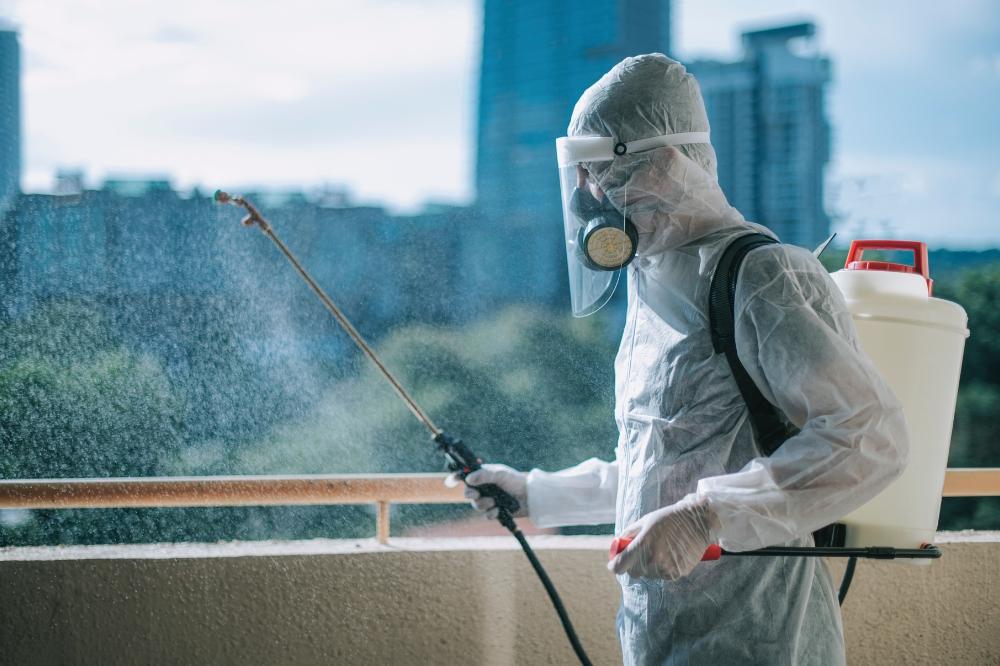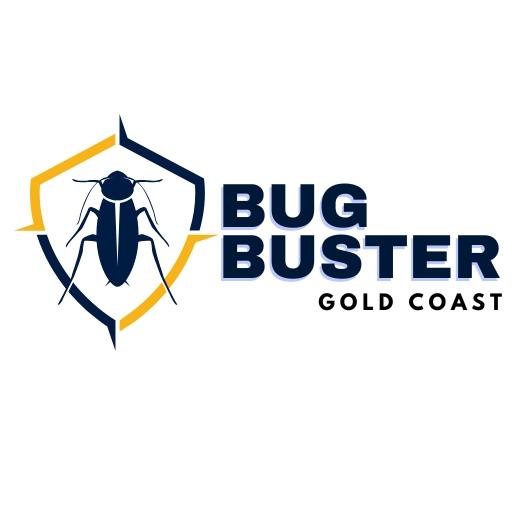Notifications

12 minutes, 3 seconds
-396 Views 0 Comments 0 Likes 0 Reviews

Pest infestations in the home can be a nightmare for homeowners, leading to sleepless nights, damaged property, and potential health risks. While professional pest control services offer effective solutions, many people prefer tackling pest issues themselves. DIY pest control can be a cost-effective way to address minor infestations, but it's essential to know what you can and can’t do when it comes to pest management. In this ultimate guide to DIY pest control, we will explore effective strategies for managing common pests, when it's time to call in the experts, and the potential risks associated with DIY methods.
There are numerous DIY pest control techniques that can help you tackle minor infestations or prevent pests from entering your home in the first place. Some of the most common and effective strategies include:
One of the most critical steps in pest control is preventing pests from entering your home in the first place. Sealing cracks and gaps around windows, doors, and the foundation of your home can help block entry points for common pests like ants, rodents, and termites.
What to do:
Inspect your home for cracks in the walls, gaps in doors or windows, and any openings around pipes.
Use caulk or weather stripping to seal these gaps.
Ensure that vents and exhausts are properly screened to prevent entry.
Sealing entry points is a simple, low-cost method that can significantly reduce the likelihood of infestations.
Many pests are repelled by specific scents, making natural repellents a safe and eco-friendly solution to managing pest issues. For example, essential oils such as peppermint, eucalyptus, and citronella are known to repel ants, spiders, and mosquitoes.
What to do:
Use a spray bottle filled with water and essential oils to create a natural insect repellent.
Apply to areas where pests are active, such as doorways, windowsills, or along baseboards.
Plant pest-repellent plants like lavender, marigolds, and citronella in your garden to discourage insects from entering your home.
Natural repellents are safe to use around children and pets and can offer a temporary solution for smaller infestations.
For certain pests, traps and baits are an effective DIY solution. Rodents, ants, cockroaches, and flies can be caught using various traps available at most hardware stores.
What to do:
For rodents: Use snap traps, live traps, or glue boards. Place traps along walls or in areas where you’ve noticed rodent activity.
For ants: Ant baits containing boric acid or diatomaceous earth can be effective in killing ants over time. Place the baits near ant trails or entry points.
For cockroaches: Roach traps and bait stations can be used to reduce populations. You can also sprinkle diatomaceous earth in areas where roaches are known to travel.
Traps and baits are useful for monitoring pest activity and controlling small infestations. However, they may not provide a long-term solution for larger or recurring problems.
Regular cleaning is essential for preventing pests from thriving in your home. Many pests, including ants, cockroaches, and rodents, are attracted to food and clutter. By maintaining a clean home, you reduce the likelihood of attracting pests in the first place.
What to do:
Clean up food crumbs and spills immediately, especially in the kitchen.
Store food in airtight containers to prevent access to rodents and insects.
Declutter areas where pests can hide, such as basements, attics, and storage spaces.
Regularly empty trash cans and compost bins.
By removing potential food sources and nesting sites, you make your home less attractive to pests.
The exterior of your home plays a vital role in pest control. Overgrown vegetation, piles of wood, or damp areas around your home can attract pests such as termites, mosquitoes, and rodents.
What to do:
Trim bushes, trees, and shrubs away from your home’s foundation to eliminate potential pathways for pests.
Remove standing water around your property, such as in birdbaths, clogged gutters, or puddles, to reduce mosquito breeding sites.
Store firewood away from your home, as it can attract termites and rodents.
Outdoor maintenance is a proactive approach that can prevent pests from entering your home in the first place.
While DIY pest control methods can be effective for minor infestations, there are certain situations where you should not attempt to handle the problem yourself. Some pests require professional intervention due to the complexity of their control or the potential risks involved.
If you’re dealing with a significant pest infestation, such as a large rodent or termite problem, DIY methods may not be sufficient to eradicate the pests. Termites, for example, can cause severe structural damage to your home, and their colonies are often located deep within walls, making it impossible for homeowners to handle alone.
Why you shouldn’t attempt it:
Professional pest control technicians have access to advanced treatments, including chemical sprays and fumigation, that are far more effective than over-the-counter products.
Severe infestations often require ongoing monitoring and treatment, which pest control companies can provide.
Certain pests, such as venomous spiders, wasps, and hornets, pose a significant risk to human health and safety. Attempting to handle these pests without proper knowledge and equipment can result in serious injury or allergic reactions.
Why you shouldn’t attempt it:
Some insects, like wasps, can be aggressive when disturbed and may sting multiple times.
Venomous spiders, such as the brown recluse or black widow, can cause severe health problems if bitten.
Professional pest control technicians are trained in handling dangerous pests safely.
If you encounter dangerous pests, it's best to contact a professional pest control company immediately.
Certain pests, such as bed bugs and termites, require specialized treatments that can be difficult for homeowners to execute properly. For example, bed bugs are highly resilient to over-the-counter insecticides, and their eggs can remain dormant for weeks, making it difficult to eliminate them without professional-grade products.
Why you shouldn’t attempt it:
Bed bug treatments require a multi-step process, including deep cleaning, heat treatments, and chemical interventions.
Termite treatments often require specialized equipment, such as baiting systems and soil injections, that are not available to the general public.
If you suspect a bed bug or termite infestation, calling a professional pest control company is essential for effective treatment.
While there are many chemical pest control products available for home use, they can be dangerous if used incorrectly. Improper application of chemicals can harm your family, pets, or the environment. Additionally, overuse of pesticides can lead to pesticide resistance, making it even harder to control pests in the future.
Why you shouldn’t attempt it:
Professional pest control technicians are trained in the safe application of pesticides, ensuring that chemicals are used effectively and with minimal risk to humans and animals.
DIY chemical treatments can inadvertently create more problems, such as exposure to harmful toxins or contamination of food and water sources.
While DIY pest control methods can be effective for minor infestations or prevention, certain situations call for professional pest control services. If you’re facing a large infestation, dangerous pests, or pests that require specialized treatments, it’s best to contact a professional pest control company.
Professionals have the experience, tools, and expertise to safely and effectively address your pest problems, ensuring that your home is pest-free and protected in the long term.
DIY pest control can be an effective way to address minor pest issues in your home, but it’s important to know your limits. Simple tasks like sealing entry points, using natural repellents, and maintaining a clean home can go a long way in preventing pest infestations. However, severe infestations, dangerous pests, and those that require specialized treatments are best left to professionals.
By understanding what you can and can’t do when it comes to pest control, you can make informed decisions and take the right steps to keep your home pest-free. Whether you choose to tackle the problem yourself or enlist the help of experts, staying proactive and vigilant is key to ensuring a pest-free environment.
For those in the Gold Coast area, Bug Buster Gold Coast offers safe, effective, and affordable pest control services tailored to your needs. Whether it's rodents, bed bugs, cockroaches, fleas, mosquitoes, termites, spiders, and ants, or any other pests, Bug Buster ensures your home stays pest-free all year round.

